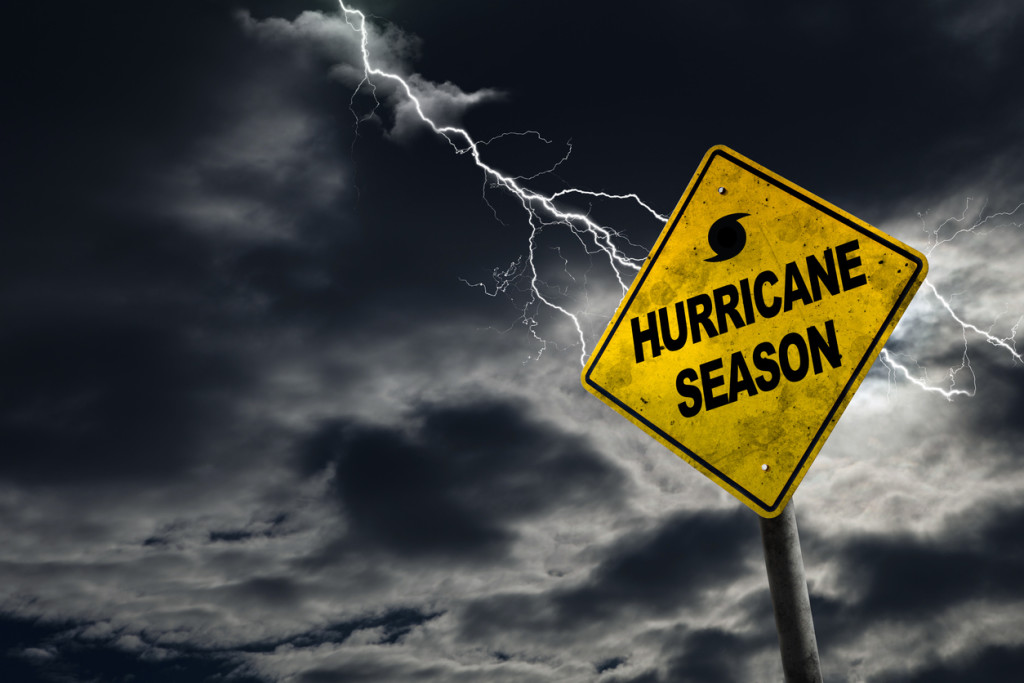
How To Prepare Your Elevators For Hurricane Season
There’s no time like the present
When it comes to hurricanes, South Florida is in a unique position. Although the region doesn’t face the same risk from storm surge as other metropolitan areas, such as New Orleans and Tampa, it does have a higher chance of facing a direct hit from a category 5 hurricane.
In addition, the dense population and higher property values along the coast, combined with the ramifications of climate change, such as the potential for more extreme weather and higher tides, easily places South Florida in the eye of the storm.
Elevators can be especially vulnerable in a storm
Now, though, is the calm before the storm. The Atlantic hurricane season begins in a few short weeks and last for six months. While some longtime residents may take that news with a shrug, many others are looking at their residential and commercial properties and making hurricane preparedness part of their regular safety protocol.
One of the key areas that must be inspected and prepped before hurricane season is a building’s elevator system. In South Florida, there is a tremendous number of buildings – both commercial and residential – depending on the safe and consistent operation of elevators. In addition, most elevator machine rooms are on the ground floor, placing them at greater risk of flooding. Any damage to this system can mean long-term inconveniences, as well as economic fallout.
Your pre-hurricane season checklist
Just as switching the clocks ahead or back is a perfect reminder for inspecting or replacing batteries in smoke detectors, so too is pre-hurricane season a great time to evaluate your elevator system’s storm readiness.
• In addition to storm surge flooding, water damage can also be caused by wind-driven rain being forced through vents and openings in the machine room and hoist-way walls. Check that these components are all in operating condition.
• Corrosion on fire-rated doors can negatively impact its fire rating, as well as its structural integrity. Inspect all doors and make appropriate repairs/replacements if necessary.
• Check the seals and caulking on all doors, vents, and openings. If anything is less than satisfactory, take steps to repair any concerns.
• In case of flooding, the pit will likely fill with water. This must be pumped out and electrical equipment will need to dry before the system can be inspected and returned to operation. Check that all sump pumps, float switches, and alarms are operating properly.
• Inspect or consider installing a Battery Lowering Device. In case of a power outage – storm-related or otherwise – this emergency system will automatically bring the elevator to the lowest landing so passengers may exit.
• Create a diagram of all elevator locations, car numbers, elevator-car phone number, and the elevator company emergency number – and keep this information in an easy-to-locate and water-proof condition in case it’s needed.
A South Florida elevator company that knows hurricanes
Connections Elevator is a South Florida-based company – and our hometown elevator experts are no strangers to the importance of hurricane season preparation. We have seen how taking time to prep now can save you money and headaches after the storm.
If we can assist you in prepping the elevator system in your residential or commercial property, or with any of your elevator needs, contact us today at 954.792.1234 or through our convenient online form.